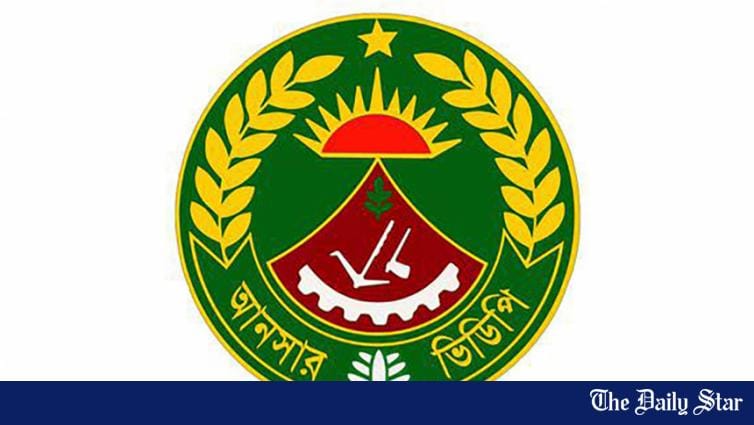History
Introduction:Ansar and Battalion Ansar are the discipline forces. Besides, Village Defense Party i. e VDP is a voluntary force and we have nearly 58 lac VDP members upto the village level. ‘Ansar Force’ is comprised of‘General Ansar’ and ‘Embodied Ansar’. It is completely a civilian force while the Battalion Ansar is a Para-military force. Both, Ansar and Battalion Ansar are also law enforcing agencies, vested with public security duties under the Public Security Division, Ministry of Home Affairs. It is noteworthy that the Battalion Ansar is a regular force of the government.
Nomenclature:
a. The first version of nomenclature of ‘Ansar Force’ was British Indian ‘Home Guard’. The anti-British people’s upsurge was about to befall the ‘British Rule’ in Indian sub-continent and thus the British govt formed ‘Home Guard’ in India including the then East Bengal in 1946.
b. However, the erstwhile govt of Pakistan formed ‘Ansar Force’ instead of ‘Home Guard’ on 12th February in 1948 through an Act which was repealed in 1995. Being the first day of Ansar, 12th February is called the ‘Ansar Day’
Participation in the Language Movement:
Ansar has got a momentum becoming a part of the history of Bangladesh. Language martyr Abdul Jabbar was an Ansar Platoon Commander of Gafargaon, Mymensingh. He had not been embodied in 1952 and being inspired with the spirit of our mother tongue, he went to Dhaka and joined the language movement and embraced martyrdom.
Role of Ansar Force in the War of Liberation:
a. Joining the War of Liberation: Ansaras the entire forceplayed a tremendous role in the war of liberation. Officers and many other ranks fled from different uniform services including the armed forces and joined the war against Pakistan. Then the Ansar Officers closed their offices and led their under-commands to actively take part in the war of liberation in 1971 with 40,000 .303 rifles as a whole.
Ansar Presented the ‘Guard of Honor’ to the First Govt of Bangladesh During the War of Liberation: Almost all Ansar members spread all over the country with their rifles that had been taken out of weaponry in March 1971 with the help of District Magistrates and SDOs in the name of training programs. And thus, the Ansar members with their weapons were readily available also in and around the village of ‘Bhaber Para’ in Meherpur Sub-division. This was an event of history where all the twelve members, who had presented the ‘GUARD of HONOUR’ to the 1st government in exile at our own soil on 17 April 1971, were the proud members of Ansar Force.
Force Multiplier: There were three ways the rural people were converted into freedom fighters: (i) Being trained in India, (ii) Being trained by Ansar Adjutants and Platoon Commanders in the rural areas and (iii) Being trained by all the Bengali uniform service personnel who fled from the various forces including Army, Navy, Air Force, EPR & Police.Ansar Officials and Platoon Commanders converted the rural people into freedom fighters by providing them with rifle training and minor tactics& thus became the force multipliers.
Sacrifice in the War of Liberation:A total of 670 including 9 Officers and 661 members of Ansar embraced martyrdom. Pakistan govt disbanded Ansar Force on 2nd August in 1971 just because of its role as the entire force had joined the war of liberation. And instead of ‘Ansar’ they formed ‘Razakars’ through an ordinance on 2nd August during the war.
Gallantry Awards:After the independence, the Father of the Nation Bangabandhu Sheikh Mujibur Rahman awarded the war heroes of Ansar with Gallantry Awards: One ‘Bir Bikrom’ and two ‘Bir Protik’ and reinstated Ansar Force.






